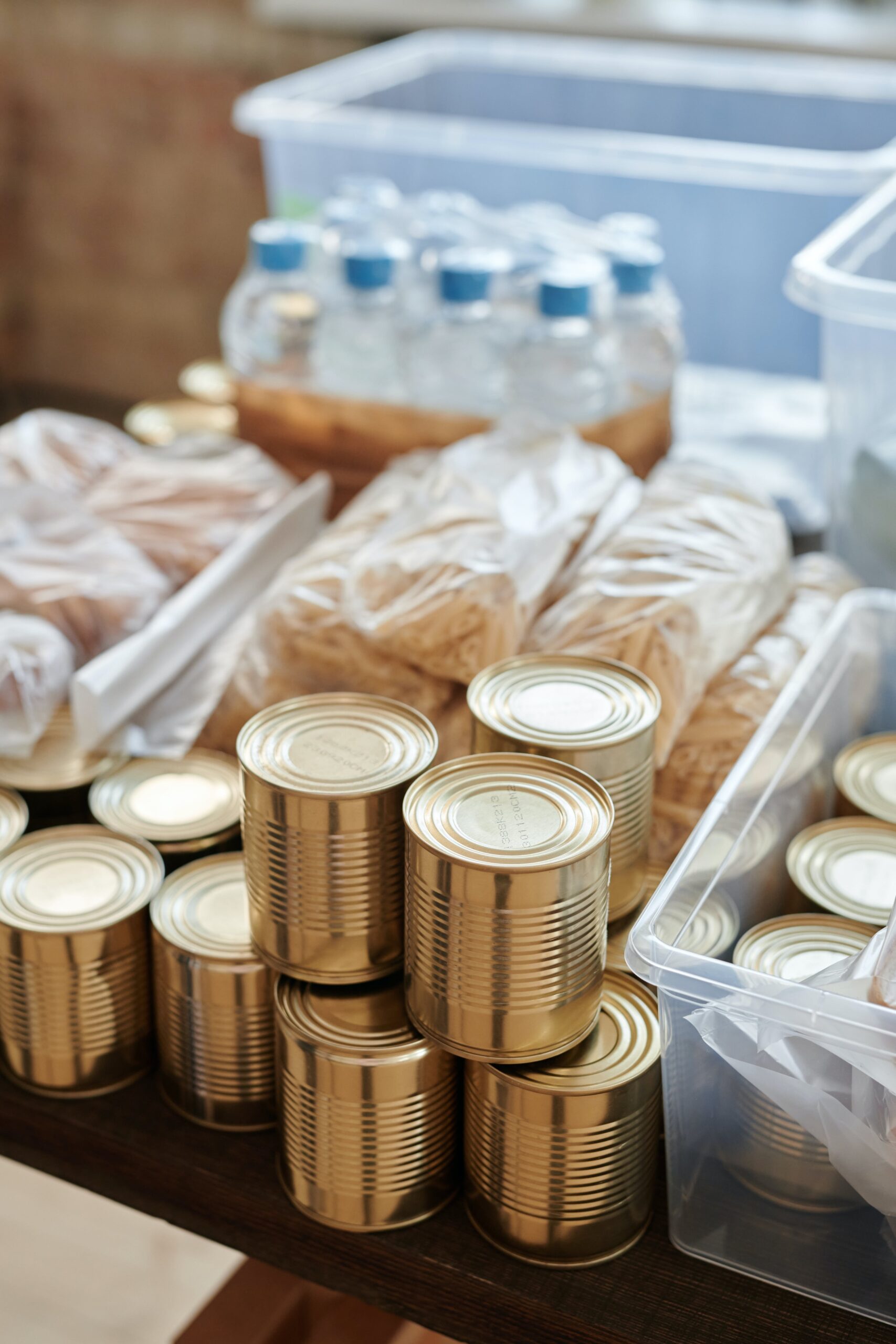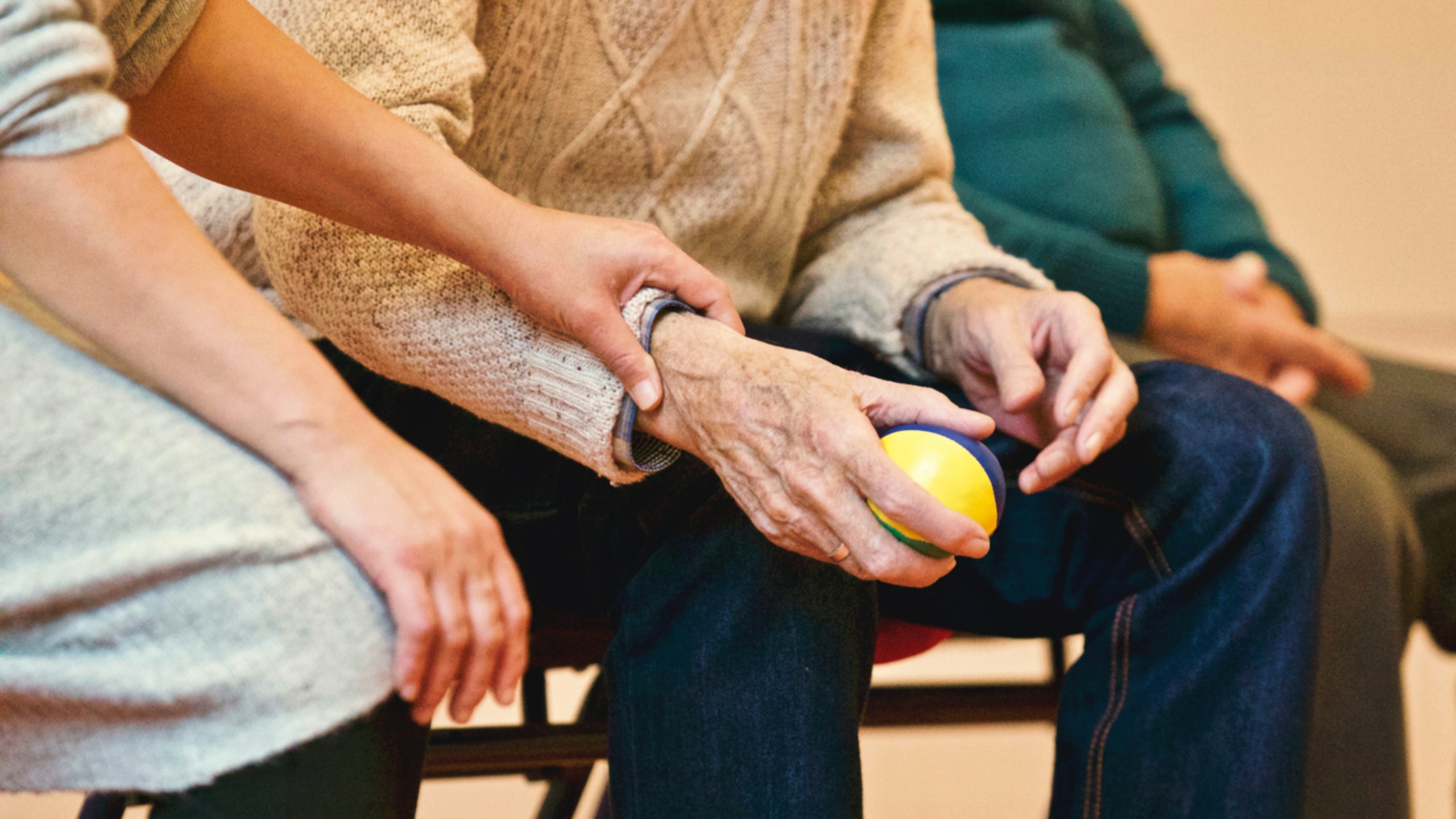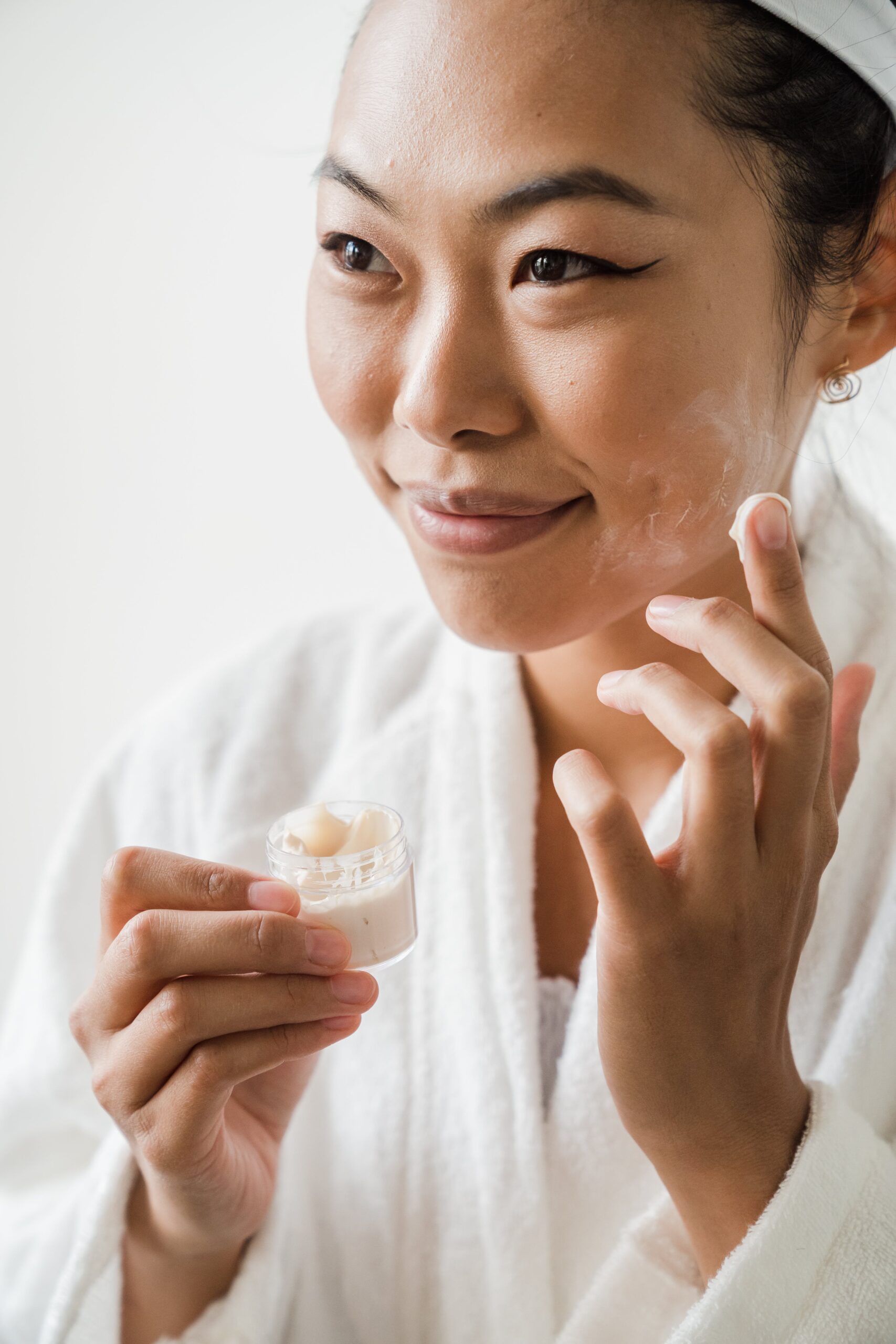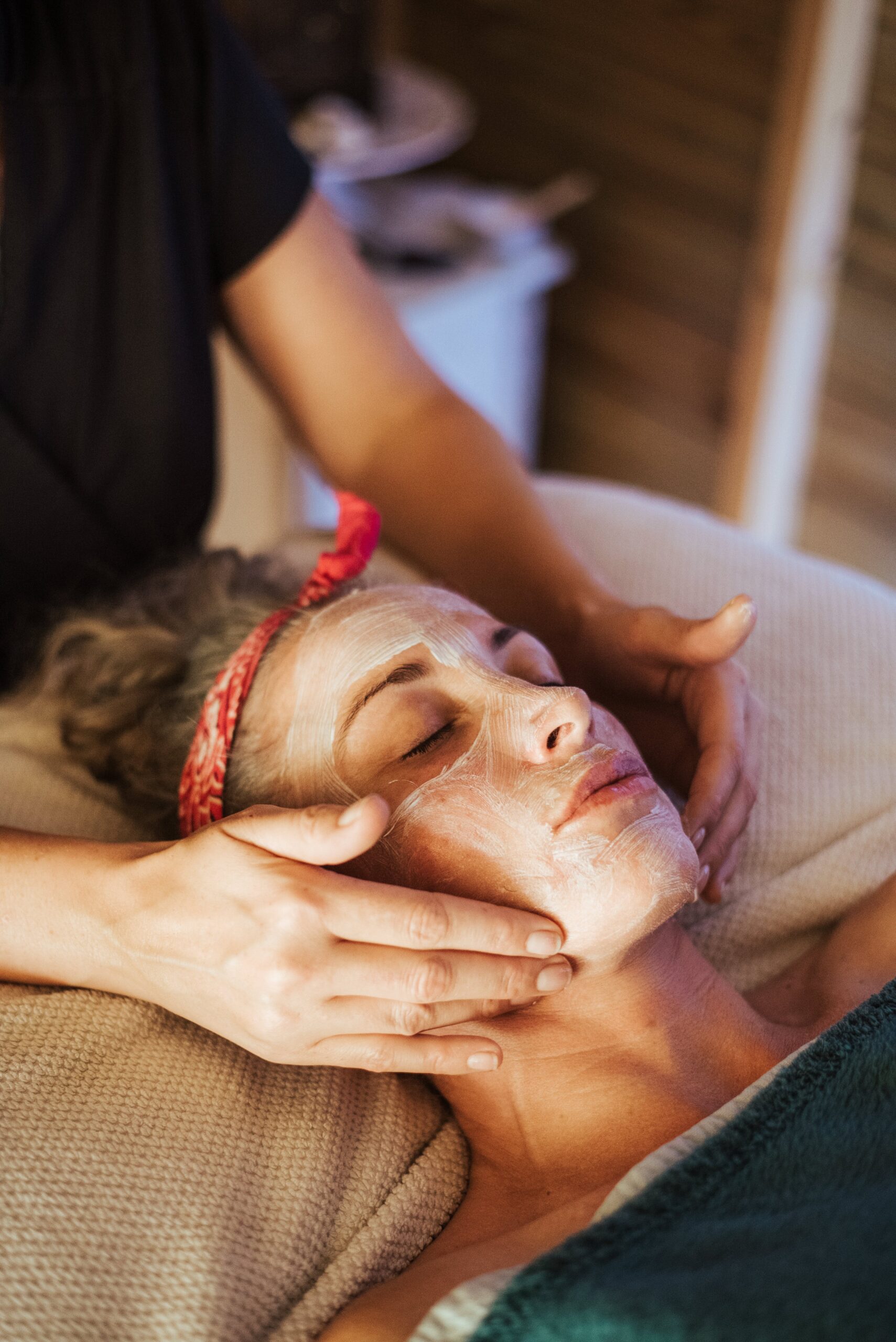Do you wake up feeling refreshed or do you need a couple more hours of sleep? For most of my life, I have been a late sleeper; midnight or 1am was the norm and I would only end up getting about 6 hours of sleep each night, if that. This year, even prior to me getting sick, I have been consciously working on how many quality hours of sleep I get. There have been quite a few adjustments I’ve made in order to get to this place but I now get an average of 8 hours of sleep each night. I’ll definitely share my tips in another post but for now I wanted to share exactly why sleep is important in the first place.
It of course feels great to wake up feeling recharged and ready to conquer the day but there’s more to it than that.
There have actually been studies done that show exactly how well you sleep can determine how well your body can fight cancer. When you have trouble with sleep this can lead to two specific hormones influencing cancer cells. These two hormones are: cortisol and melatonin.
Cortisol, usually referred to as the “stress hormone”, helps to regulate the immune system. You need a strong immune system to fight off cancer cells! Cortisol also allows the release of “natural killer” cells that help the body fight cancer. I actually personally have elevated cortisol levels at night (when the peak cortisol levels should be at dawn and dwindle throughout the day). If you are worried about your own levels, it is an easy test that you can have your doctor order.
Furthermore, in one study, Dr. Spiegel at Stanford University, showed that night shift workers had higher rates of breast cancer in women. These women who had night time shifts were more likely to have a shift in their cortisol patterns where their peak cortisol levels were in the afternoon (rather than at dawn). He also found that people who woke up repeatedly at night were also more likely to have abnormal cortisol levels.
The second hormone, which I’m sure you may have heard of, is melatonin. Melatonin is produced by the brain during sleep and it has antioxidant properties. When you aren’t getting enough sleep, this can lead to producing too little melatonin. Dr. Spiegel reports that melatonin lowers estrogen production from the ovaries and when you have high estrogen levels this can lead to an increased risk of breast cancer. In that same study, it was noted that women who worked at night time also produced less melatonin.
Interestingly, even outside of women who worked later hours, another study showed that an increased exposure to light at night increased the chance of breast and prostate cancers. Based on the above studies, having abnormalities in your circadian rhythm (your internal 24 hour clock) whether its because you work at night or simply just can’t sleep at night can lead to an increase in certain types of cancer (breast, colon, and prostate cancers have been most researched). Studies are still being conducted to further confirm the relationship between sleep and cancer but the takeaway and research so far has shown the importance of quality sleep to our overall wellbeing and reducing our chance of getting cancer.
Let me know in the comments on how many hours of sleep you get each night on average?

























The studies are actually true because i am a victim of breast cancer caused by working night shift.
Absolutely! Lack of sleep and a stressful lifestyle can contribute to illness. I am sorry that you were diagnosed with breast cancer. I hope that you have found ways that can help your healing <3